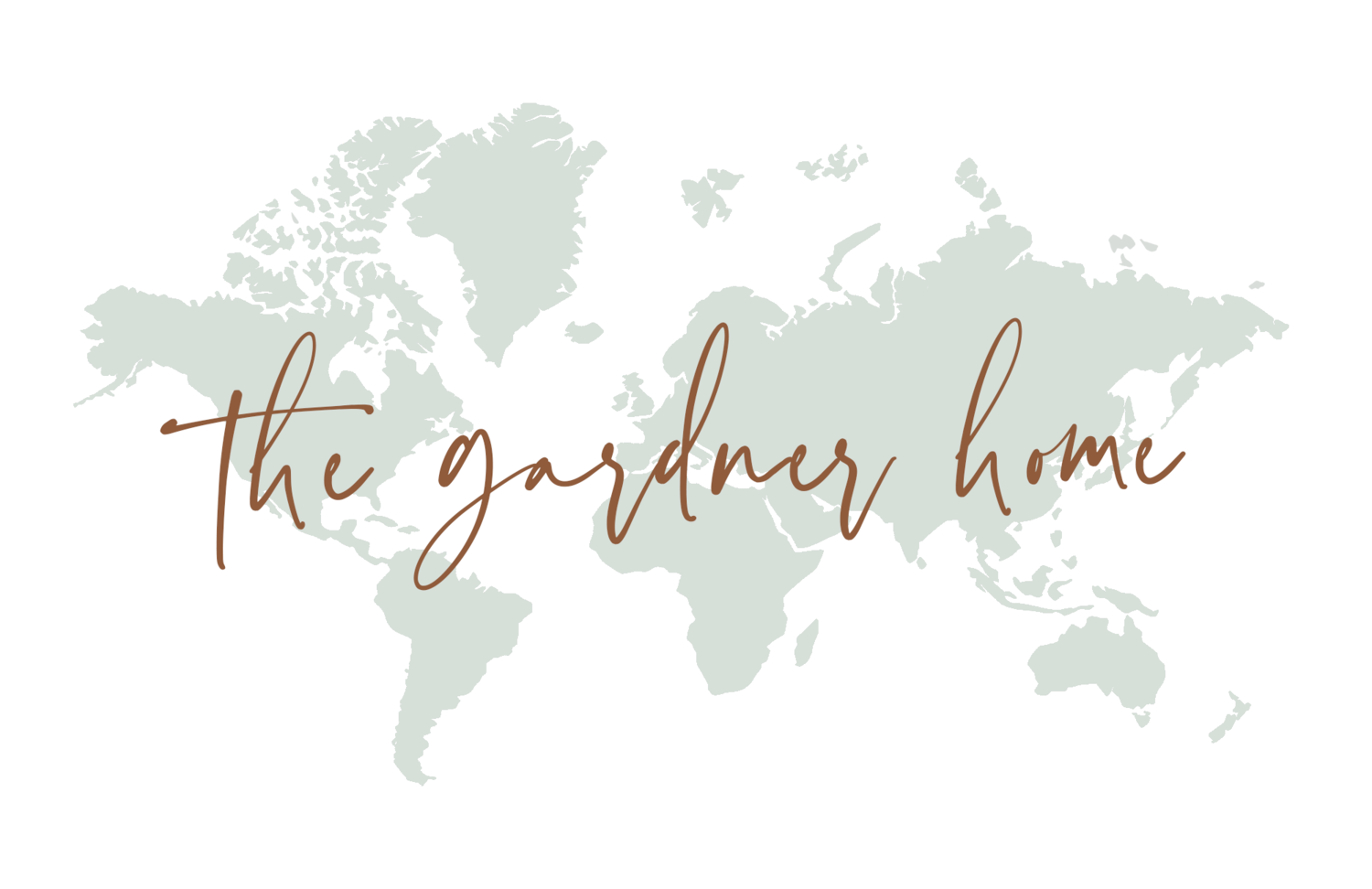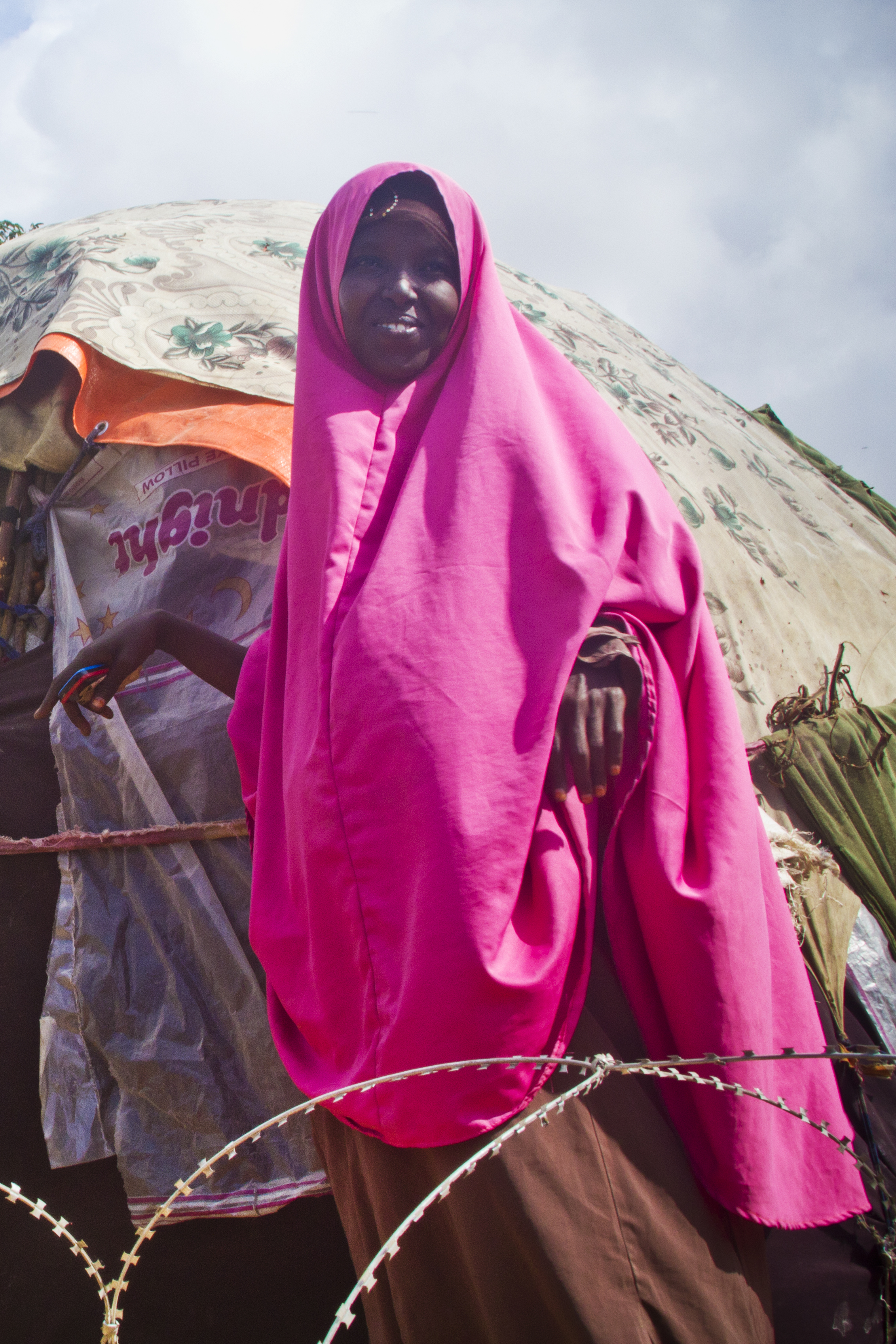Back in March I got to travel to Honduras and Guatemala to help document several project with Global Aid Network® (GAiN®). If you don’t already know, I work full-time as a graphic designer and photographer for GAiN. I love when my job allows me to travel outside the states and really get to meet the people who benefit from the aid we send.
While in Honduras we met a man named Pastor Camillo. We were visiting some villages in the mountains near Olanchito area, when our local partners introduced us to the pastor. He had received some of the seeds GAiN sent a few years ago as well as some from recent shipments. As we begin the descent to his house we had no idea what to expect. I think most of imagined a small plot of land with a few vegetables attempting to sprout, but boy where we surprised!
After climbing down rocks and side-swiping trees we stopped to behold a beautiful garden with a mountain top view. It was stunning. You could easily tell Pastor Camillo had spent many hours working and tilling this garden. Then he began to tell us a story…
He had severe stomach issues and could not seem to find a cure or even something that would subside the pain. He had been told that okra would help, so his wife made the long 4-hour plus ride to the big city of San Juan de Sula. She bought some okra with the little money they had and made the trek back. Pastor Camillo soon found this was the cure, but buying more would prove to be difficult, so he began to pray. He asked God to send him some okra, even though he didn’t know how, he asked anyways.
Then one the local Cru staff in Honduras, showed up to his village with seeds sent from GAiN. In the mix of seeds was okra. It was truly an answer of prayer. I was honored to meet Pastor Camillo and his family. He and his wife were so gracious to let me photograph them and tell their story. It’s stories like these that we do what we do. From packing events, to shipping, to training local leaders, the hope of GAiN is to see people begin to provide for themselves and for their families. And in Pastor Camillo’s case, others.
Pastor Camillo knows that not everyone can nor has the luxury to farm like he does. So he takes his excess crops and hands them out to those in the community that need it most, families that may not have jobs or single mothers. And it’s through the generosity of Pastor Camillo that he is able to share the Good News of Christ. The story of redemption and reconciliation. He truly is a man harvesting hope.























